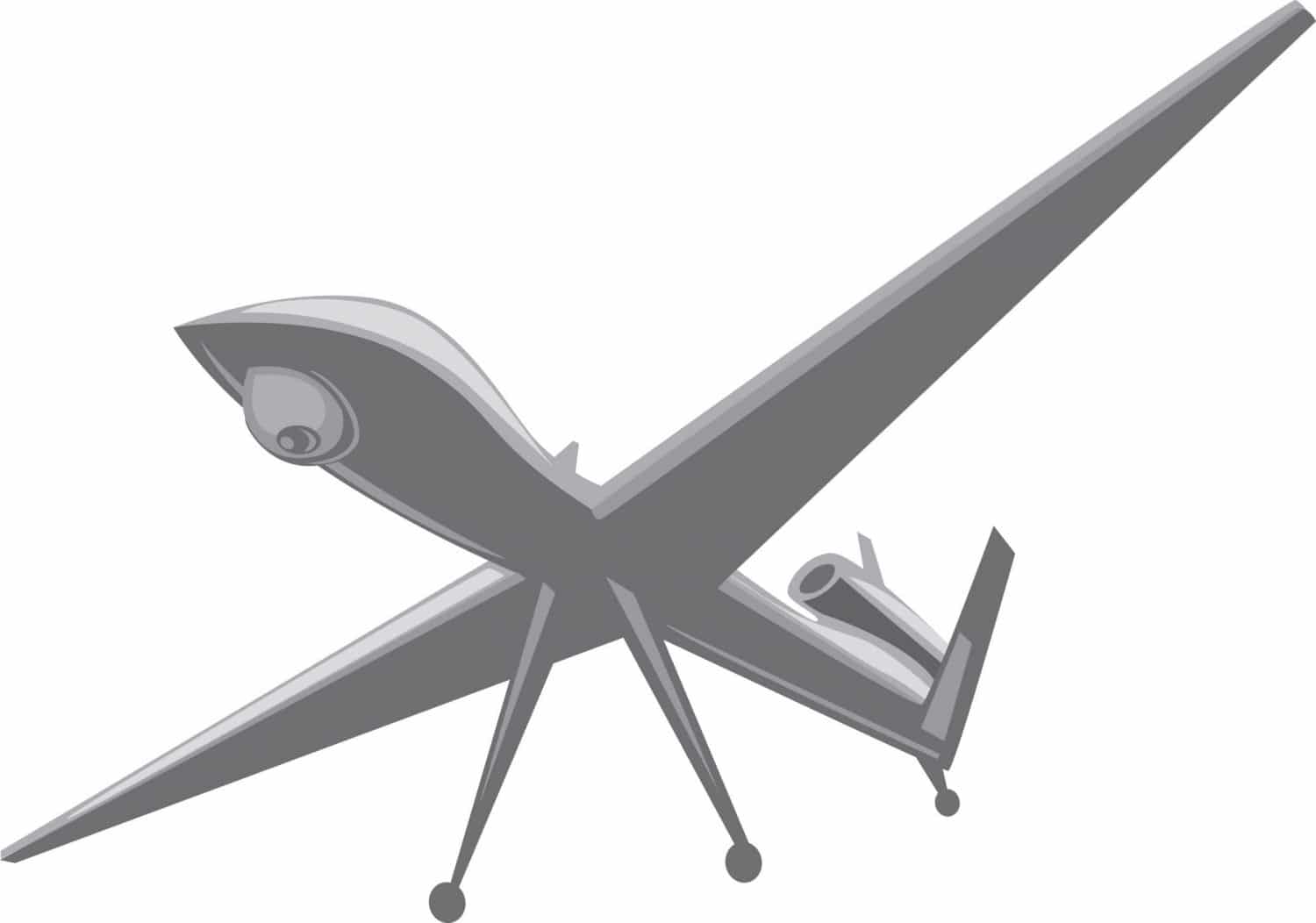Transport Canada recently introduced two new exemptions to simplify commercial unmanned air vehicle (UAV) operations and safely integrate them into Canadian airspace.
UAV operations are regulated by Transport Canada under the Canadian Aviation Regulations (CARs) and the Aeronautics Act. The CARs define a UAV as a “power-driven aircraft, other than a model aircraft, that is designed to fly without a human operator on board”. “Model aircraft” under the CARs is defined as only those unmanned aircraft weighing less than 35 kg and being used for recreational purposes.
Previously, all UAVs, as defined under CARs, required a Special Flight Operations Certificate (SFOC) for their operation, under Section 602.41 of CARs. A SFOC authorizes the operation of a UAV for a specific mission and within a specific geographic area. The application for a SFOC can be a complex and lengthy process, but Section 603.66 of the CARs prohibits flying a UAV without complying with SFOC requirements. The failure to obtain an SFOC can lead to fines – up to $5,000 for an individual and $25,000 for a company.
The two new exemptions allow certain UAVs to operate without SFOCs. These new exemptions apply to very small UAVs, weighing less than 2 kg. They also apply to small UAVs, weighing between 2-25 kg, and with a maximum calibrated airspeed of 87 knots or less. These exemptions will, subject to certain conditions, allow these UAVs to be operated away from built-up areas, controlled airspace, aerodromes and other restricted locations.
This development will be very welcome to commercial operators who desire to use UAVs that meet the above-described requirements. However, the exemptions have a number of criterion that must be met, and conditions that must be followed carefully. The penalties described above may be assessed against individuals who should be operating under a SFOC, and are not. Additionally, operators must keep in mind their duty to operate UAVs safely. The Criminal Code of Canada describes several offences involving the dangerous operation of aircraft and endangering the safety of other aircraft. The penalties for these offences may include monetary penalties and/or jail time.
The exemptions are currently set to expire on December 21, 2016.


